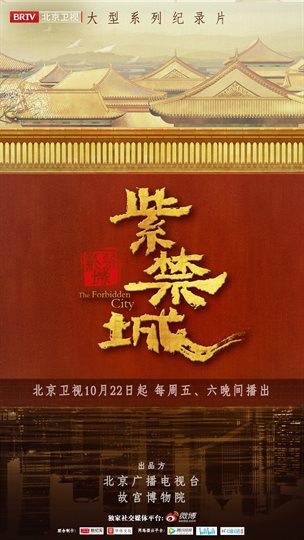50FPS版 / The Forbidden City
At the beginning of the establishment of the Ming Dynasty, the only one who could compete with it was the Mongolian army that once dominated the world, that is, the former ruler of the Yuan Dynasty. In order to control the Northern Yuan Dynasty, Zhu Yuanzhang, the founding emperor of the Ming Dynasty who proclaimed himself emperor in Nanjing, wanted to set the capital in the north. However, this wish was not realized during Zhu Yuanzhang's lifetime. Zhu Yuanzhang passed away with regret, and his son, Zhu Di, the Emperor Chengzu of the Ming Dynasty, followed his father's wishes. However, the capital Beijing chosen by Zhu Di stood on the northern border full of dangers. Zhu Di set a precedent, letting the emperor of the nine-five throne sit in the dangerous border and the emperor guard the border. But he did not want his descendants to guard the border. He had been a vassal king here for nearly 20 years and had seen the kingly spirit of this former capital. Zhu Di had an ambition greater than his father Zhu Yuanzhang. He wanted to use Beijing to control the Northern Yuan Dynasty, push the border of the Ming Dynasty northward, and establish a multi-ethnic unified country. The Forbidden City carries Zhu Di's grand dream of unifying all nations and expanding territory. He wanted to be the greatest and most powerful monarch in the world, so he wanted the most magnificent and solid palace. He dredged the canal and fortified the city. At his command, countless skilled craftsmen rushed to Beijing from all directions. Unfortunately, Zhu Di's dream of a prosperous dynasty did not come true in his time. At the age of 64, Zhu Di died on the way to the northern desert, and could never return to his homeland or the Forbidden City he was proud of. However, his decision to establish Beijing as the capital profoundly changed the political structure of Chinese history, allowing the nomadic peoples in the north and northeast to gradually integrate into the big family of the Chinese nation, laying the historical foundation for today's multi-ethnic China.











































